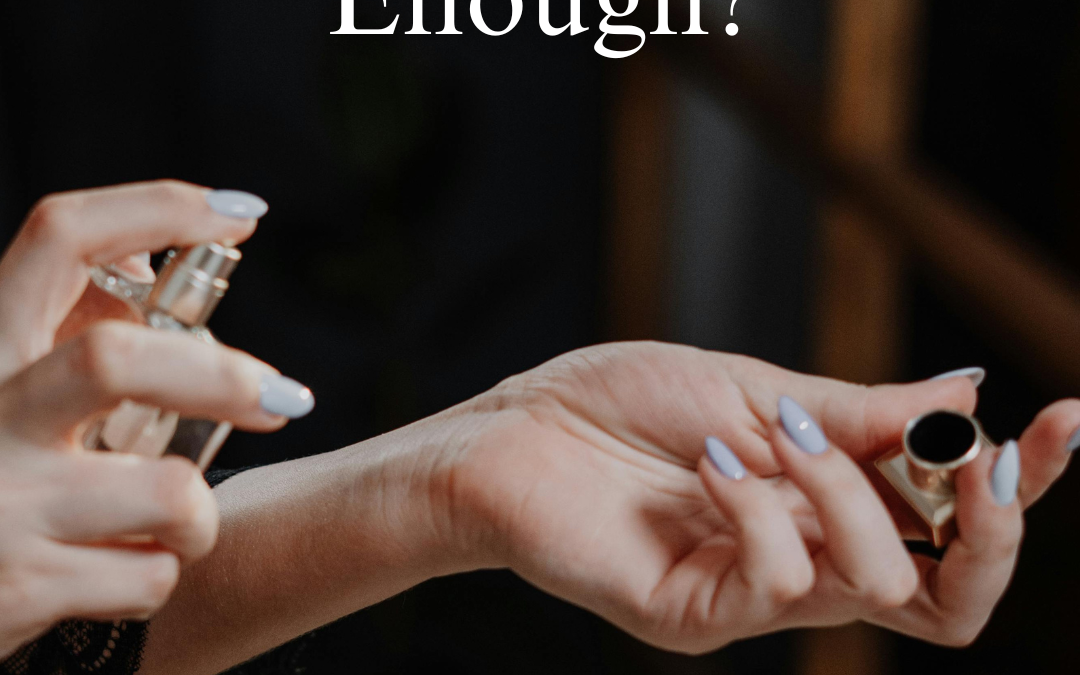Have you ever noticed that the scent of your favorite perfume fades too quickly? Perfume enthusiasts often have similar frustrations, so you’re not alone. Gaining insight into the causes of this will help you extend the life of your fragrance.
Fragrance Level
The concentration of a perfume is one important component that determines how long it lasts. Parfum, eau de parfum, eau de toilette, and eau de cologne are among the several kinds of perfumes. The strongest concentration of fragrance oils is found in parfum, which gives off a perfume that lasts longer. Eau de cologne, on the other hand, has a lighter concentration and could dissipate more quickly. A higher concentration might be your best option if longevity is your main objective.
pH Levels and Skin Type
The longevity of a fragrance is significantly influenced by your skin type. Because oil holds fragrance molecules more effectively than dry skin, oily skin generally retains fragrances better than dry skin. Furthermore, the pH level of each person’s skin varies, which might affect how a fragrance develops and ages. Applying moisturiser before applying your perfume might improve its stickiness if you have dry skin.
Method of Application
The lifetime of your perfume can also be affected by where and how you apply it. The projection of the fragrance can be improved by spraying on pulse spots, which include your neck, behind your ears, and on your wrists. When you apply perfume straight to your skin instead of your clothes, the fragrance has more time to interact with your body’s chemistry.
Environmental Elements
Finally, the environment—including humidity and temperature—can affect how long a fragrance lasts. Cooler temperatures may prolong the scent’s preservation, while heat might amplify it and cause it to evaporate more quickly.
You may extend the life of your scent by making wise decisions by being aware of these variables. Savour your preferred fragrances to the utmost!

